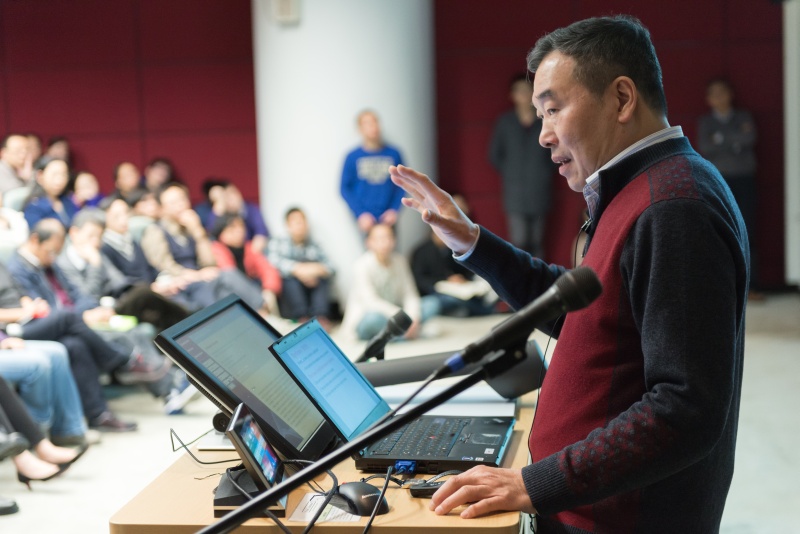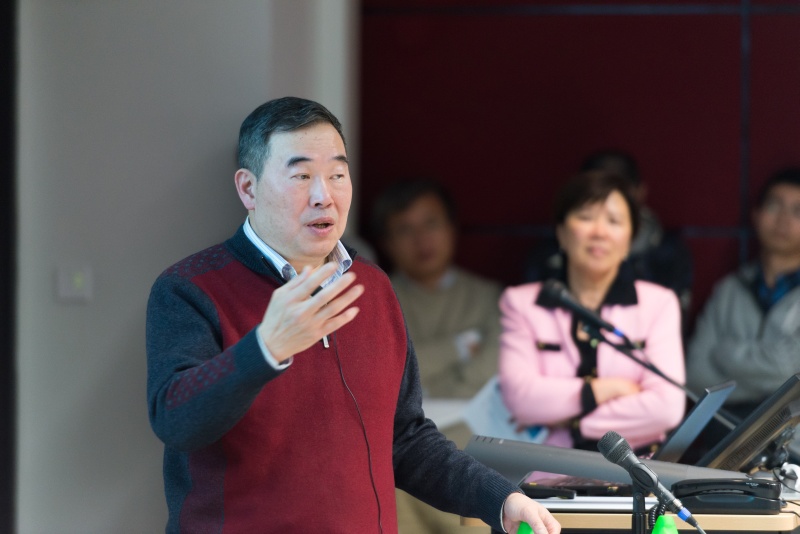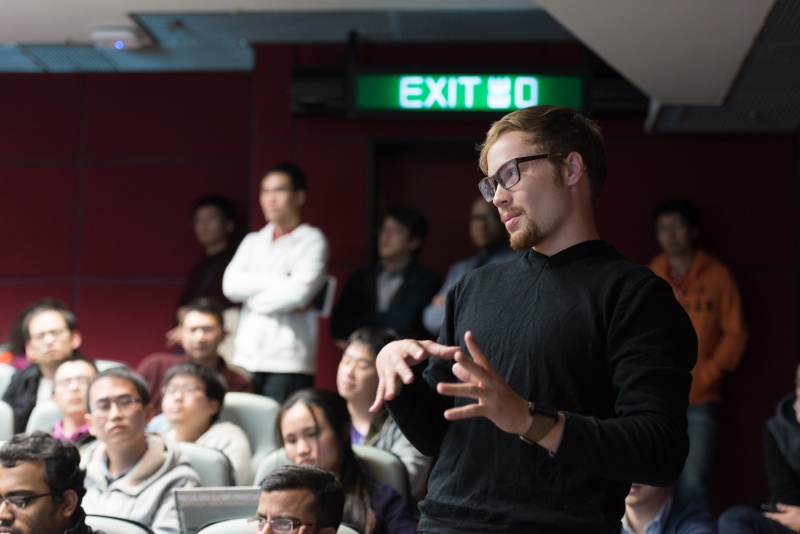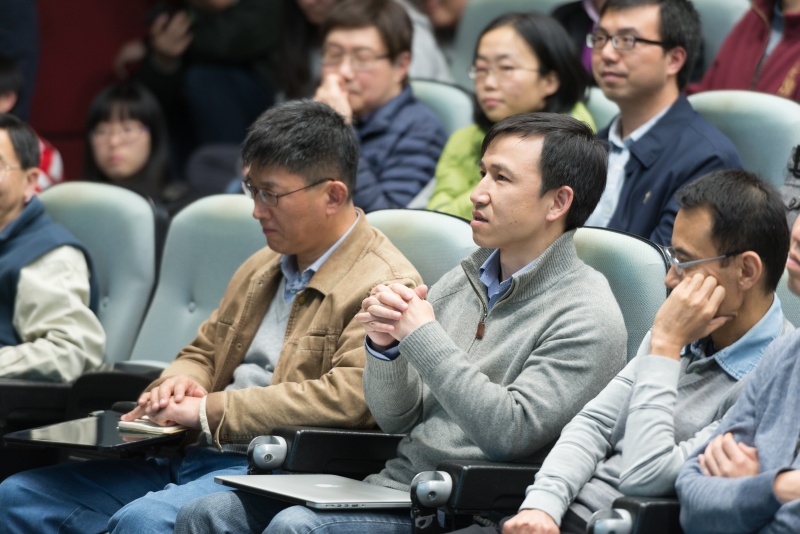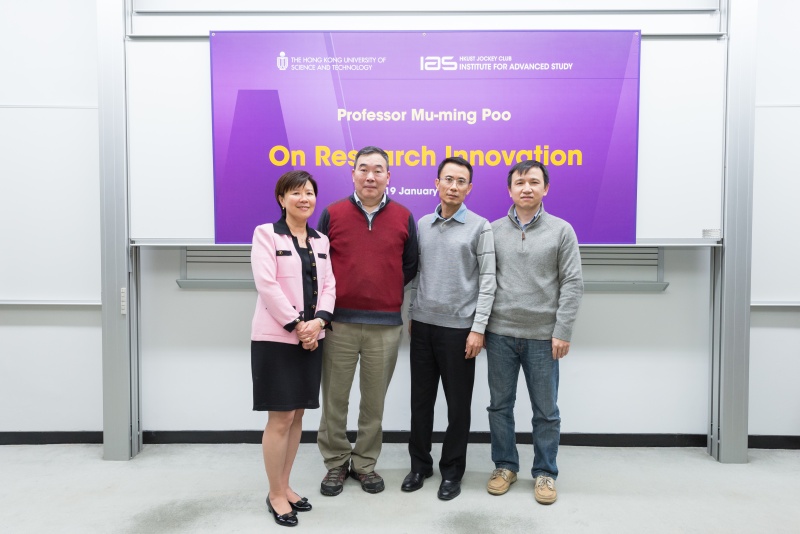On Research Innovation
Abstract
In this lecture aiming at beginning researchers, the speaker will explore the nature of research innovation from the view point of an experimental scientist. First, he will discuss six characters of innovative research – novelty, importance, continuity, completeness, uniqueness, and timeliness. Although it is often difficult to pinpoint the origin of innovative ideas and creativity, he would argue that the ability for innovation could be learned. The speaker surmises that to learn to be creative, researchers should explore in depth the history of innovative work in the past and understand the thought processes of innovative scientists, avoid to be bothered by the massive existing scientific literature in one’s own field, and pay special attention to new developments in related fields, and be ready to modify one’s hypothesis in front of new evidence. The speaker will also argue by examples that the key to innovative work begins with the choice of research problem, and a critical factor determining the choice is the courage and audacity of the researcher in risk-taking. Finally, the speaker will discuss several issues associated with two different approaches in experimental sciences - the “exploratory research” and “hypothesis-driven research”.
About the speaker
Prof. Mu-ming Poo received his BS in physics from Tsinghua University in Taiwan in 1970 and PhD in biophysics from Johns Hopkins University in 1974. He went on to work at Purdue University, University of California at Irvine, Yale University, Columbia University, and University of California at San Diego before joining University of California at Berkeley, where he served as the Head of Division of Neurobiology in the Department of Molecular and Cell Biology in 2002-2007, and is currently the Paul Licht Distinguished Professor in Biology. Since 1999, Prof Poo has also served as the Director of the Institute of Neuroscience at the Chinese Academy of Sciences in Shanghai.
Prof. Poo’s research focuses on the problems of brain development and cognitive functions such as learning and memory. In the 1990s, he defined a breakthrough research method that could systematically chart how neuronal connections are formed, while also being able to manipulate chemical and environmental factors to observe how these connections then change. He was also the first to discover that neurotrophins can potentiate synaptic transmission.
Prof. Poo has received numerous awards, including the Javitz Neuroscience Investigator Award of the US National Institutes of Health, the Ameritec Prize and the Ray Wu Society Award among other recognitions. He is a member of the US National Academy of Sciences, a Fellow of the American Association for Advancement of Science, an Academician of Academia Sinica in Taiwan and a founding member of the Academy of Sciences of Hong Kong. Prof. Poo has also been involved in HKUST’s development since its establishment. In recognition of his exceptional contribution to science and his distinguished service to the university, Prof Poo was honored with the Doctor of Science honoris causa from HKUST in 2014.



